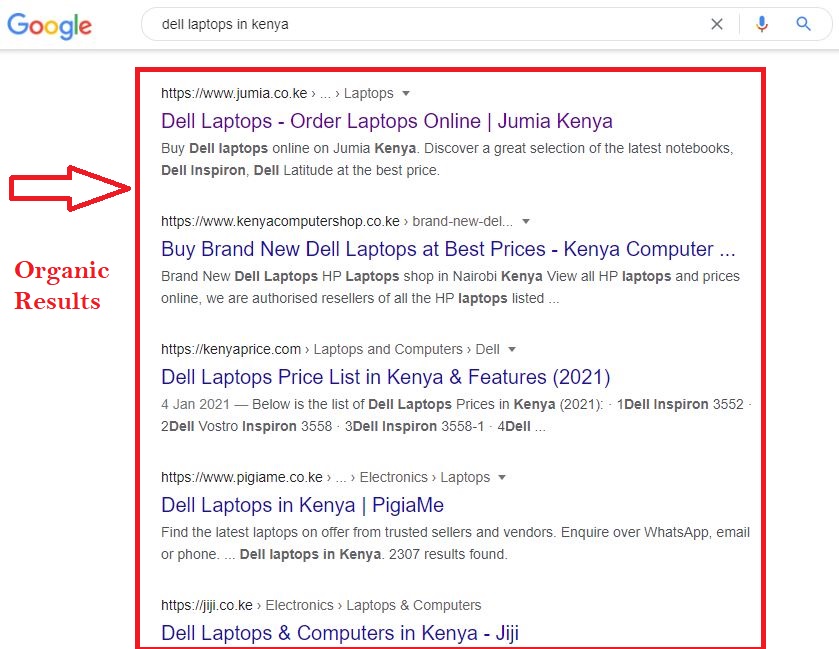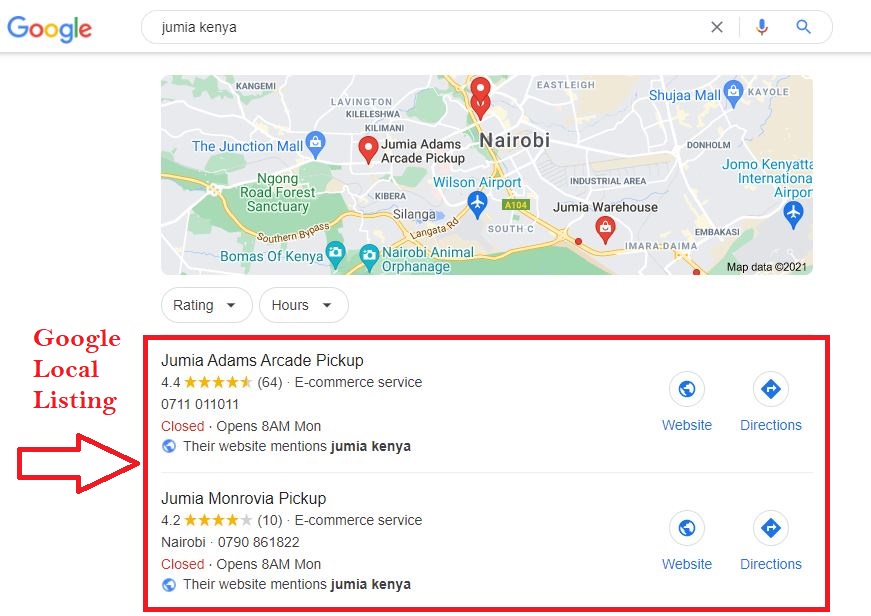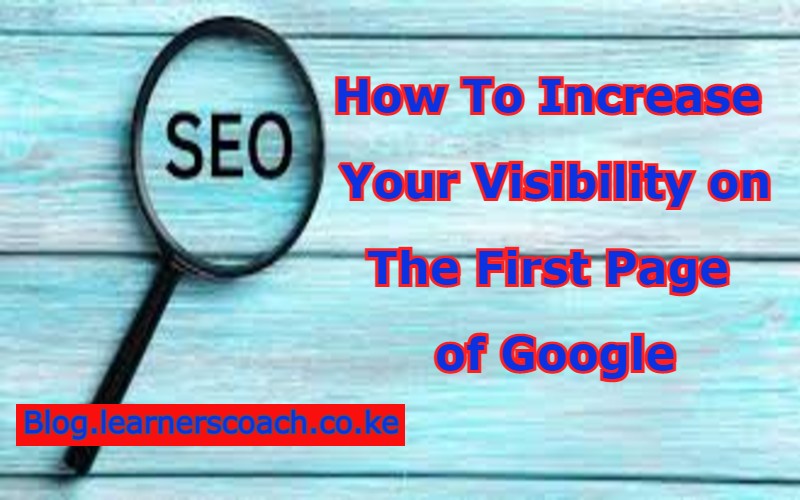It is important to understand how to increase your visibility on the first page of google. Particularly if you are serious on driving traffic to your website. Google normally assess the intent behind each search and will display the results it considers most appropriate, based on previous user behaviour.
This article presents seven free ways on How to Increase Your Visibility on the First Page of Google
#1. Google Organic Results
The amount of traffic you get from your Google ranking obviously depends on the position you’re showing in this area.

The latest statistics according to Advanced Web Ranking’s click-through rate study, shows that ranking position one (top of Google), for example, can bring you 38% of all the clicks made by people searching for that phrase.
Ranking in position two brings only 18.47% of the searchers. By the time you get onto page two, even the top listing is only picking up 1.86% of all searcher clicks.
One of the most common mistakes with SEO is complacency. Those running websites that rank on page one, but not in top spot, always assume that there is little to gain by focusing on increasing their ranking further. You can see from these stats, however, that being persistent and aggressive until you own top spot can really pay off.
#2. Featured Snippets
The second free way to appear on Google’s first page is through Featured Snippets. These are short pieces of text displayed by Google above all the other organic results as shown on the page.
Because they’re shown above all the regular results, they’re often referred to as ‘position zero’ results.
#3. Google Local
If you’re a local business such as Jumia Kenya, you’ll be well aware of Google’s map listings that appear for searches likely to have ‘local intent’, as shown below.

#4. Using Other People’s Websites
Again, it’s worth mentioning that you don’t have to use your own website to get business from Google. In fact, sometimes, appearing on a third party site can give you more credibility.
I know of a client, for example, who picks up as many leads from an article he wrote on somebody else’s website, as they do from their own traffic!
This makes sense; if someone else writes about you and says how great you are, doesn’t that hold more weight
than if you’re writing about yourself saying how great you are?
#5. Website Relevance
More than ever, this is the mechanism that defines Google’s success to date. The reason Google has become so dominant is that web users keep coming back because the results are more relevant.
Top of the list is the content on your website. That is the words and, to some extent, the pictures. Google has software that is affectionately called ‘robots’ that reads the internet constantly.
These robots are crawling over your website and making a note every time each relevant word appears.
#6. Popularity and Authority
Another way that Google uses to decide where to rank any website is that site’s authority and popularity.
If lots of websites link to webpage A, but no websites link to webpage B, then webpage A would usually be more popular and would have higher Page Rank. All those links mean that it’s probably a more useful and popular page, so if all else was equal, it should rank higher on Google.
#7. Quality Website Content
No discussion on Google ranking factors would be complete without a mention of content quality. In Google’s desire to serve searchers with the most valuable search results, it’s obvious that the content ‘quality’ of your website would be important.
Websites with small content – meaning low word counts, poor quality writing or pages with little to no text at all, always struggle to rank. Improving and increasing content is often the fastest way to boost a struggling site’s ranking.

